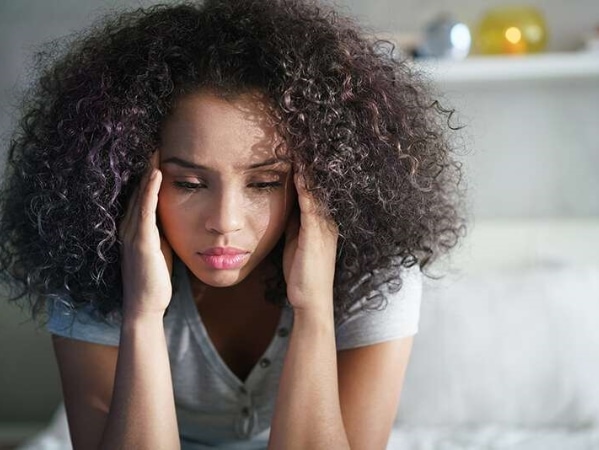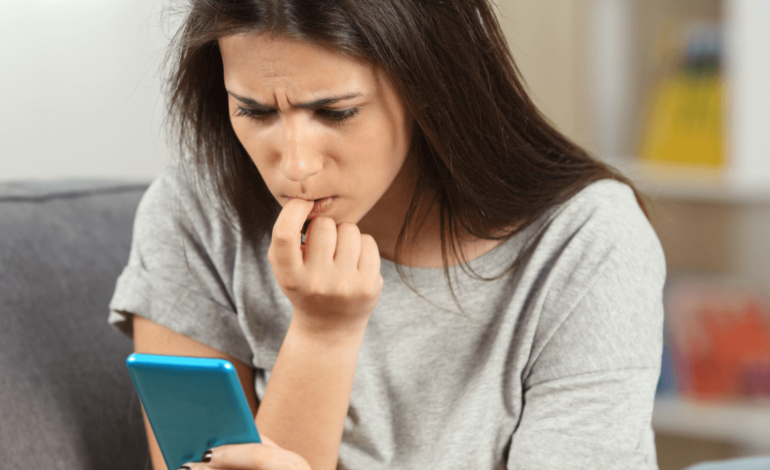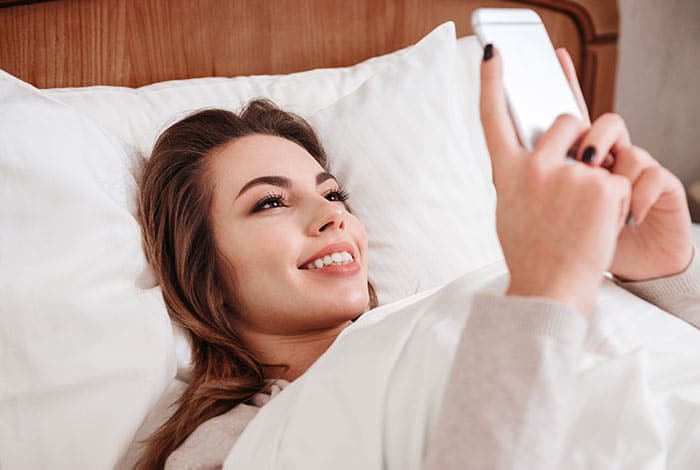Sedative/hypnotics are a class of medications (mainly prescription) that work on the central nervous system as depressants for individuals with anxiety disorders or sleep disorders. There are two main types of sedative/hypnotics: benzodiazepines and Z-drugs. Common benzodiazepines include Xanax (alprazolam), Librium (chlordiazepoxide), Valium (diazepam), and Ativan (lorazepam). Common Z-drugs include Ambien (zolpidem), Lunesta (eszopiclone), and Sonata (zaleplon).
Benzodiazepines
Benzodiazepines, also called “benzos” or “nerve pills,” are prescription medications used for brief-term durations to help treat specific anxiety disorders and sleep disorders. Benzodiazepines have a high addiction potential and carry dangerous withdrawal side effects, and as a result, many individuals become addicted to benzodiazepines, even by accident. Benzodiazepine misuse includes taking benzodiazepines in unintended ways, such as taking someone else’s prescription, taking a higher or more frequent dose than prescribed, or taking these medications for other reasons than prescribed initially; for example, getting high. Thus, benzodiazepine misuse can potentially turn into an addiction. Addiction, which is formally referred to as substance use disorder (SUD), is defined by the inability to control the use of a particular substance (benzodiazepines) despite harmful consequences. In other words, benzodiazepine misuse turns into addiction when an individual compulsively misuses benzodiazepines and continues abusing this class of medications despite knowing its negative impact on their lives.
Benzodiazepine misuse also carries the risk of dependence. Over time, the body becomes so used to benzodiazepines that when the dose is cut down or stopped, the individual can experience withdrawal symptoms. Withdrawal symptoms, specifically for benzodiazepines or alcohol, can be dangerous and even lethal and as a result, individuals are strongly encouraged to seek professional detox and treatment for benzodiazepine withdrawal.

Benzodiazepine withdrawal
Common signs and symptoms of benzodiazepine withdrawal include:
● Anxiety.
● Trouble sleeping (insomnia).
● Depressed and/or irritable mood.
● Headaches.
● Trouble concentrating.
● Hallucinations (seeing or hearing things that aren’t there).
● Tremor (shakiness).
● Racing heart
● Seizures (potentially fatal).
How dangerous are sleeping pills?
Sleeping pills are formally known as sedative-hypnotics, and they can be administered by prescription or purchased over the counter. Sleep medications work by slowing brain activity to induce sleep. There are two categories of sleep: REM (rapid eye movement) which involves dreaming and memory restoration and non-REM, which has a light, medium, and deep stages. Sleeping pills primarily increase the amount of medium-depth non-REM sleep. Many people experience better sleep while taking sleep aids, but a large proportion of individuals wake up feeling groggy, confused, anxious, and hung-over. Sleep aids can be restorative for the right person, but they can also come with the potential for addiction.
The brain on sleep aides
Sleeping pills should only be taken for a short time to alleviate temporary insomnia. Individuals may take them for jet lag during a long flight or drive, and they may need to continue taking them for a few days, then wean themselves off from them to return to their normal sleep patterns. If sleep medications are used longer than necessary (more than a few days), their addiction potential rapidly increases. Over time, the brain and body build up a tolerance to sleep aids, and as a result, the individual will need a higher dose to produce the same sleep restorative effects.
Individuals can become physically addicted to sleeping aids, a term that is known as physical dependence. This happens when individuals stop taking sleep medications and experience rebound insomnia, a sign of sleep medication withdrawal. Rebound insomnia occurs when the body becomes addicted to sleeping aids and cannot fall asleep without them. As a result, many individuals will continue to take sleep medications, and this vicious cycle repeats itself.
Side effects of sleep medications
You may have heard of individuals who walk around the block, drive their car, or shop online while sleeping and have no recollection of these actions when they awaken from their sleep. These actions while sleeping are known as parasomnias and can also include sleepwalking and sleep eating. These parasomnias occur during non-REM sleep, which is the sleep stage that is directly affected by sleep medications. The following are additional side effects associated with sleep aid dependence:
● Dizziness
● Dreamless sleep
● Anxiety
● Hallucinations
● Lack of coordination
● Poor memory
● Lightheadedness
The DANGERS of mixing sedative/hypnotics with alcohol
Insomnia, anxiety, and alcohol misuse often go hand in hand. Many people with anxiety will self-medicate with alcohol. Many individuals who take sleeping pills for a better night’s rest will try to induce a deeper sleep by combining them with alcohol. Individuals with an alcohol use disorder are more likely to develop an anxiety disorder and more than likely will struggle with sleep. Although alcohol is known to induce sleep, it is also known to increase nighttime awakenings, resulting in interrupted sleep, leaving the individual tired and groggy the following day. As a result, the individual may turn to sedative-hypnotics to alleviate their anxiety and promote better sleep.
Alcohol works on the same GABA receptors in the brain as sleeping medications and benzodiazepines, increasing the effects of both sedative-hypnotics and alcohol, meaning that the individual is at a higher risk of both a dangerous overdose and withdrawal. Reported rates of sleep problems among individuals who abuse alcohol vary but have been reported to range from 25-72%. However, this is when serious interactions can occur. Therefore, the FDA warns against taking sedative-hypnotics if you’ve consumed alcohol. Both drugs suppress the CNS, which controls breathing, heart rate, and brain function.
The labels on sleeping pills and benzodiazepines carry a warning about using alcohol while taking these medications as mixing sedative-hypnotics with alcohol can cause dangerous physical and cognitive impairment.
Seeking treatment at AKUA Mind and Body
Individuals who misuse sedative-hypnotics may also have an underlying co-occurring disorder such as depression or anxiety, which is contributing to their insomnia. Seeking professional addiction treatment can help individuals overcome their addiction to sedative-hypnotics and assist individuals in treating their underlying sleep disorder and any mental health disorders that are contributing to their sleep disturbance.
AKUA Mind and Body is a full-service addiction and mental health treatment center with locations across California. We specialize in treating individuals who are struggling with mental health disorders, substance use disorders, and co-occurring disorders. We offer detoxification, medication-assisted treatment, and behavioral therapy approaches at all levels of care, ranging from residential settings to outpatient treatment. We pride ourselves on having a compassionate and knowledgeable treatment staff who cares about each client and their family.




